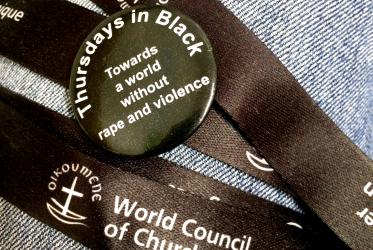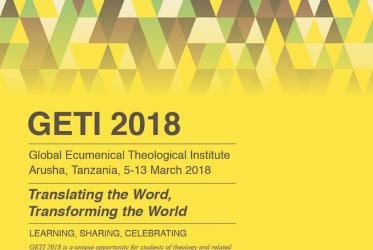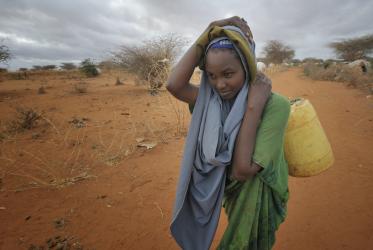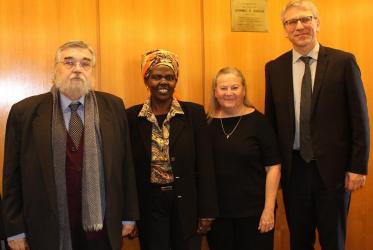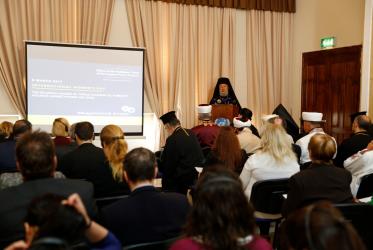Displaying 2081 - 2100 of 3089
16 April 2017
Ecumenical Patriarch will visit WCC in Geneva
12 April 2017
WCC holds second annual photo contest on water
10 April 2017
WCC decries escalation of Syria conflict
07 April 2017
On World Water Day, we ask: “why waste water?”
22 March 2017
UN discussion focuses on women, HIV and property rights
21 March 2017
In Lebanon, refugees face hardship - but find hope
16 March 2017
WCC gravely concerned over Israel’s travel ban
09 March 2017

